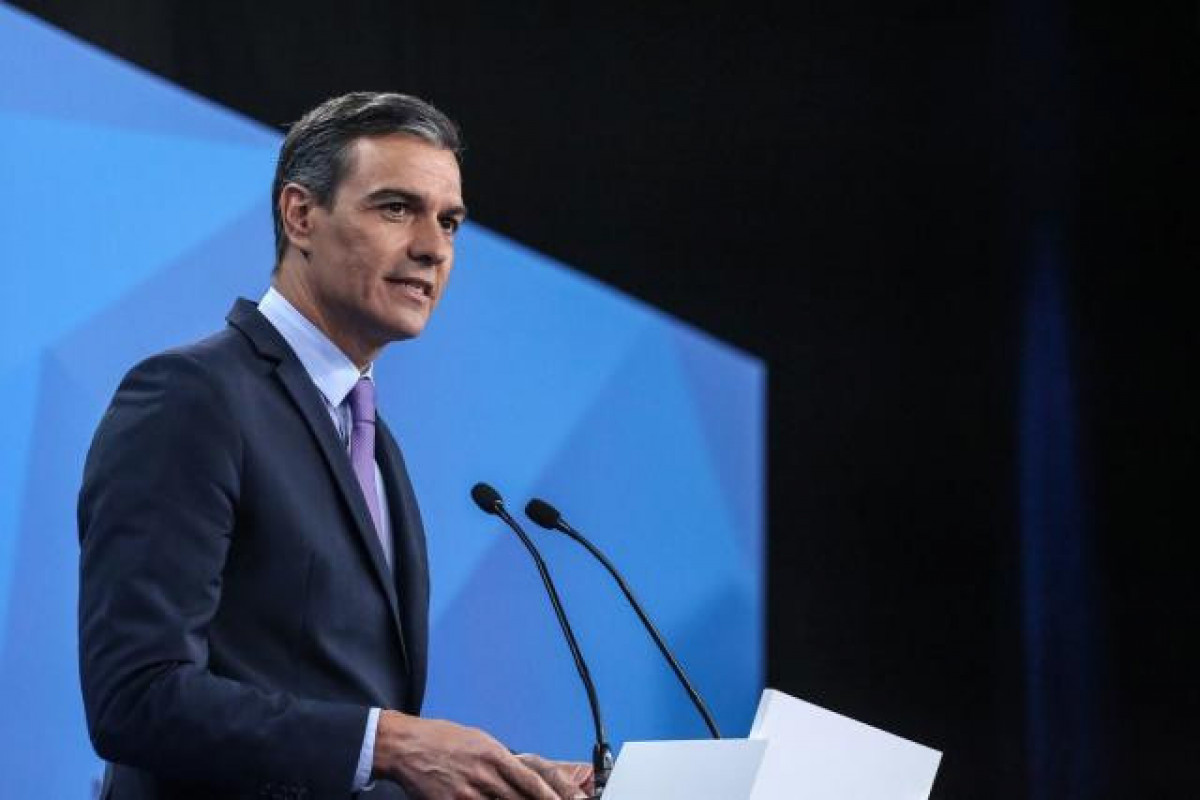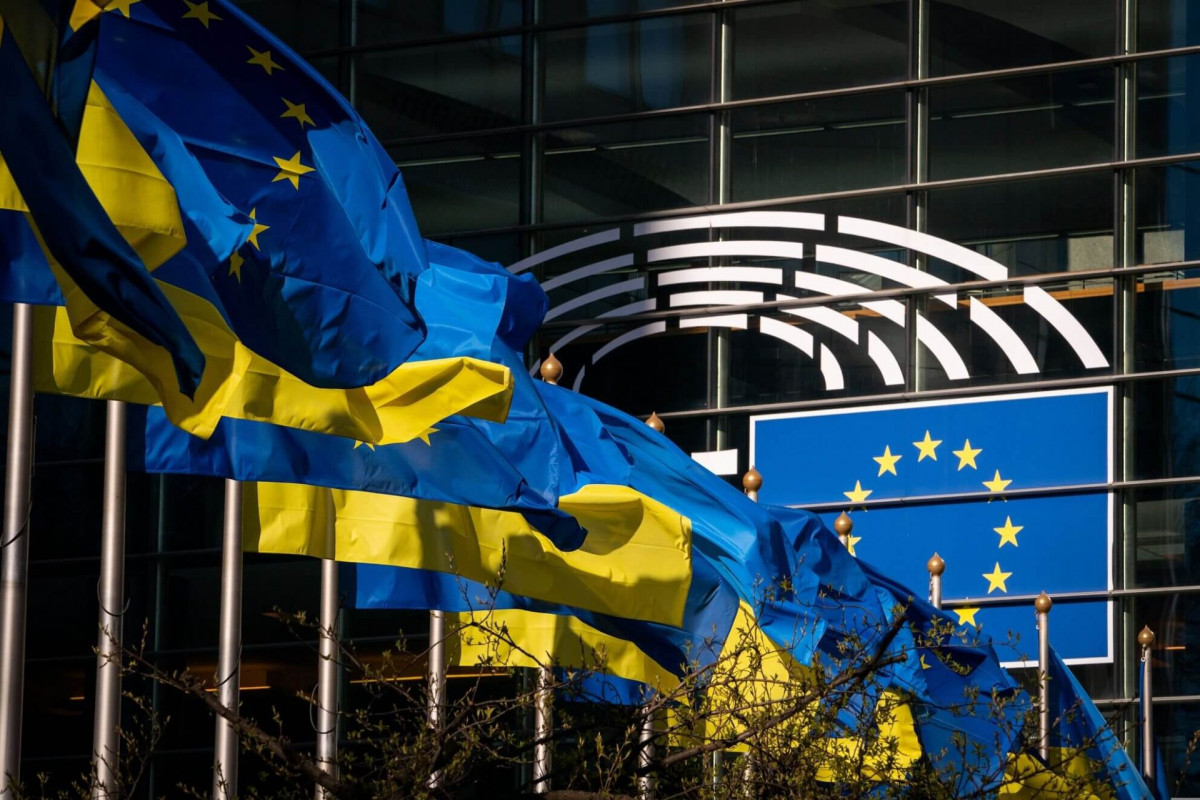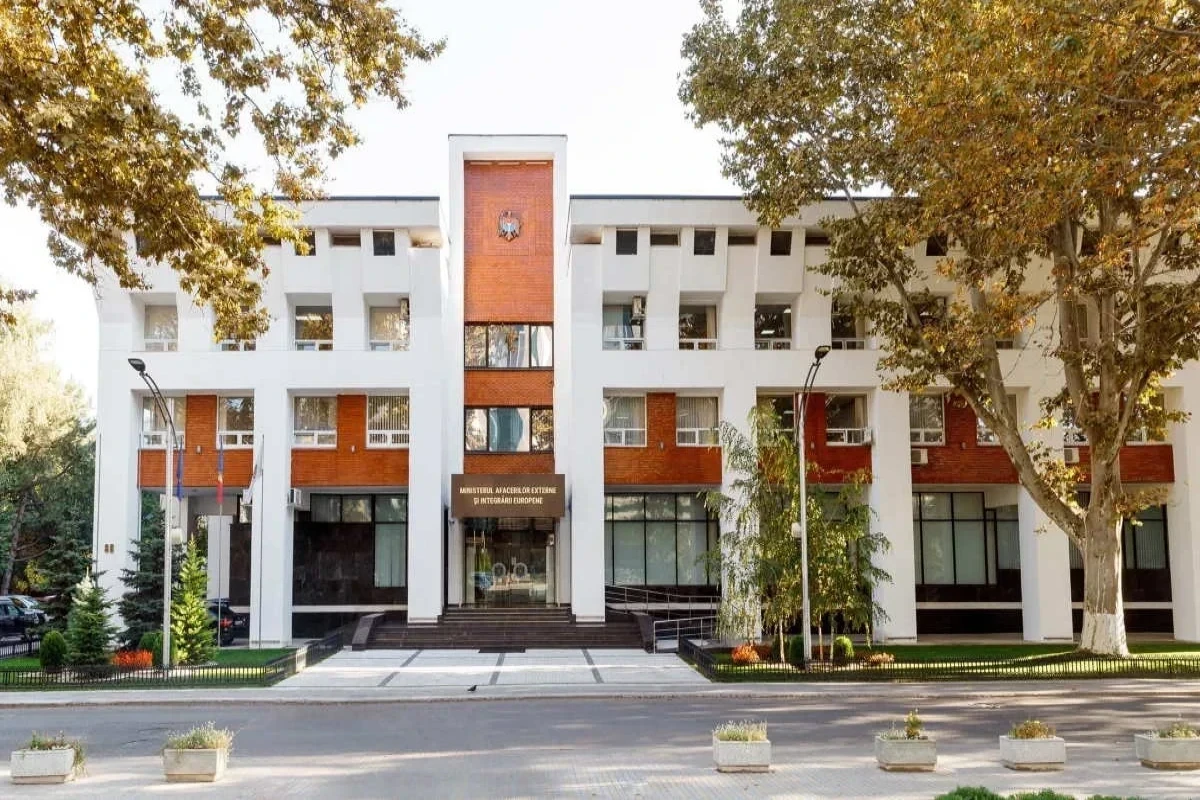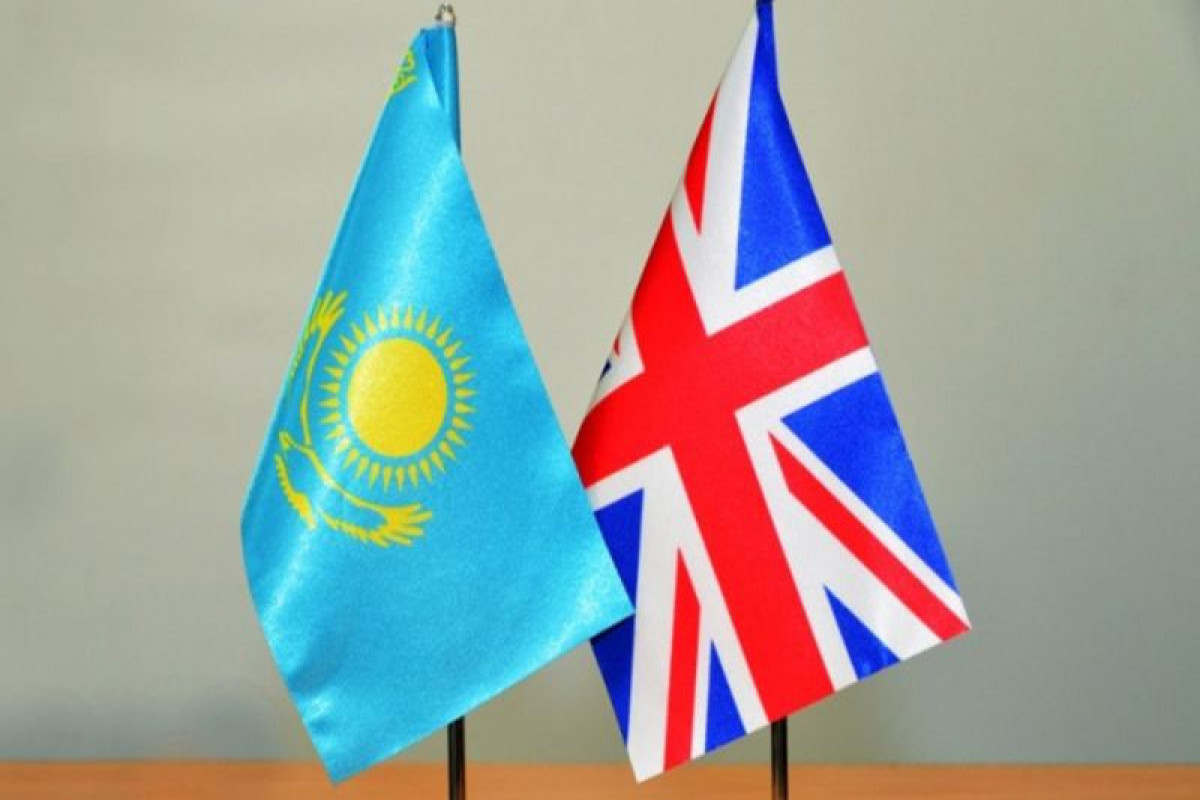British Prime Minister Theresa May said on Monday it was “highly likely” that Moscow was responsible for the poisoning in England of former Russian double agent Sergei Skripal and his daughter using a military-grade nerve agent, APA reports quoting Reuters.
May told parliament that either the Russian state was directly responsible for the poisoning or it had allowed the nerve agent to get into the hands of others. London had given Russia until Wednesday to explain its use.
She said British officials had identified the substance as being part of the Novichok group of nerve agents which were developed by the Soviet military during the 1970s and 1980s.
“Should there be no credible response, we will conclude that this action amounts to an unlawful use of force by the Russian state against the United Kingdom,” she said, calling the attack a “reckless and despicable act.”
Russia’s foreign ministry hit back immediately, saying the comments by May were a “circus show” and part of political information campaign against Russia.
Skripal, 66, and his 33-year-old daughter Yulia, have been in hospital in a critical condition since being found unconscious on a bench outside a shopping centre in the city of Salisbury on March 4.
Relations between Britain and Russia have been strained since the murder in London of former KGB agent Alexander Litvinenko who died in 2006 after drinking green tea laced with radioactive polonium-210.
On Monday, May said the latest poisoning took place “against a backdrop of a well-established pattern of Russian state aggression” and Britain was ready to take “much more extensive measures” against Russia than in the past.
Russia’s ambassador to London had been summoned to explain to British Foreign Secretary Boris Johnson how the nerve agent came to have been used.
“On Wednesday we will consider in detail the response from the Russian state,” May said.
Russian President Vladimir Putin brushed off a question about the affair while visiting a grain centre in southern Russia, saying British authorities should first “get to the bottom of things,” the BBC’s Moscow correspondent wrote on Twitter.






